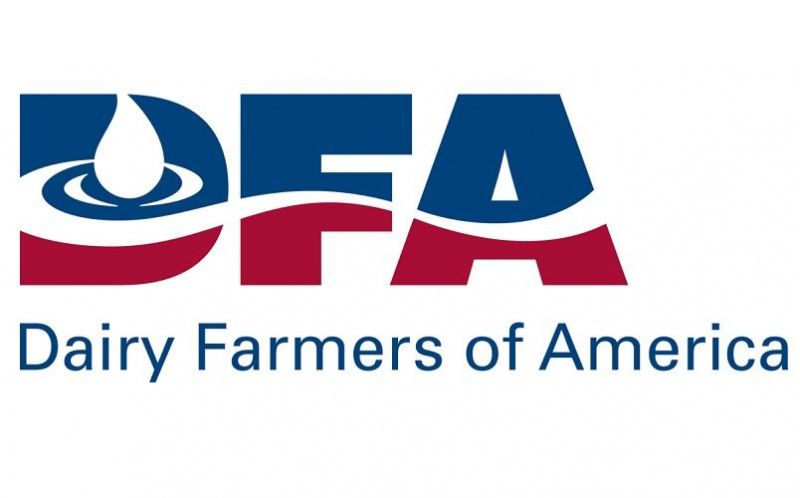Dairy Farmers Turn to Soil Health in Effort to Cut Emissions, Boost Sustainability
Healthy soil is becoming a critical asset in the U.S. dairy sector as farmers adopt regenerative agriculture practices to support environmental sustainability and reduce greenhouse gas emissions.

Members of Dairy Farmers of America (DFA), a farmer-owned cooperative representing thousands of family farms across the U.S., are expanding conservation efforts that include cover cropping, rotational grazing, and the use of organic fertilizers. These strategies aim to improve soil health, enhance biodiversity, and promote carbon sequestration — the process of storing carbon in the ground rather than releasing it into the atmosphere.
According to DFA, approximately 86% of its farmer-owners have implemented formal soil management plans. These plans integrate techniques such as no-till planting, crop rotation and the use of perennial crops to reduce erosion and build resilient ecosystems.
“Healthy soil plays a critical role in our food system and environmental health,” said a DFA spokesperson. “By improving soil quality, we not only grow better crops to feed our herds but also support broader sustainability goals.”
Many dairy farmers also grow their own feed, including alfalfa, corn, and hay, using soil-enhancing methods that reduce reliance on external inputs and foster self-sufficiency. This dual approach to dairy and crop farming reinforces the connection between soil health and food production.
Manure management is also central to soil enrichment efforts. Farmers are using cow manure as organic fertilizer, aligning nutrient application with crop needs to minimize runoff and maximize soil fertility.
Some DFA members are participating in carbon credit markets, receiving compensation for practices that reduce or offset carbon emissions. These programs enable businesses to purchase verified carbon reductions while supporting farm-level sustainability.
DFA has committed to reducing absolute greenhouse gas emissions by 30% by 2030 and is aligning its climate efforts with national dairy initiatives targeting net-zero emissions. Measures include increased adoption of renewable energy, water recycling, and energy conservation.
“We’re focused on preserving the land for future generations,” DFA said. “This work not only benefits our farmers and their herds but also consumers who want sustainably produced dairy.”
DFA publishes regular social responsibility reports outlining environmental progress and opportunities for continued impact. The cooperative emphasizes that purchasing products from DFA brands supports farming practices designed to protect soil, conserve resources and contribute to a healthier planet.
According to DFA, approximately 86% of its farmer-owners have implemented formal soil management plans. These plans integrate techniques such as no-till planting, crop rotation and the use of perennial crops to reduce erosion and build resilient ecosystems.
“Healthy soil plays a critical role in our food system and environmental health,” said a DFA spokesperson. “By improving soil quality, we not only grow better crops to feed our herds but also support broader sustainability goals.”
Many dairy farmers also grow their own feed, including alfalfa, corn, and hay, using soil-enhancing methods that reduce reliance on external inputs and foster self-sufficiency. This dual approach to dairy and crop farming reinforces the connection between soil health and food production.
Manure management is also central to soil enrichment efforts. Farmers are using cow manure as organic fertilizer, aligning nutrient application with crop needs to minimize runoff and maximize soil fertility.
Some DFA members are participating in carbon credit markets, receiving compensation for practices that reduce or offset carbon emissions. These programs enable businesses to purchase verified carbon reductions while supporting farm-level sustainability.
DFA has committed to reducing absolute greenhouse gas emissions by 30% by 2030 and is aligning its climate efforts with national dairy initiatives targeting net-zero emissions. Measures include increased adoption of renewable energy, water recycling, and energy conservation.
“We’re focused on preserving the land for future generations,” DFA said. “This work not only benefits our farmers and their herds but also consumers who want sustainably produced dairy.”
DFA publishes regular social responsibility reports outlining environmental progress and opportunities for continued impact. The cooperative emphasizes that purchasing products from DFA brands supports farming practices designed to protect soil, conserve resources and contribute to a healthier planet.
Key News of the Week









